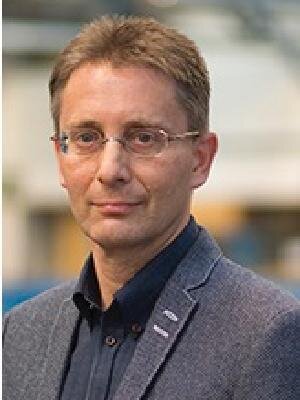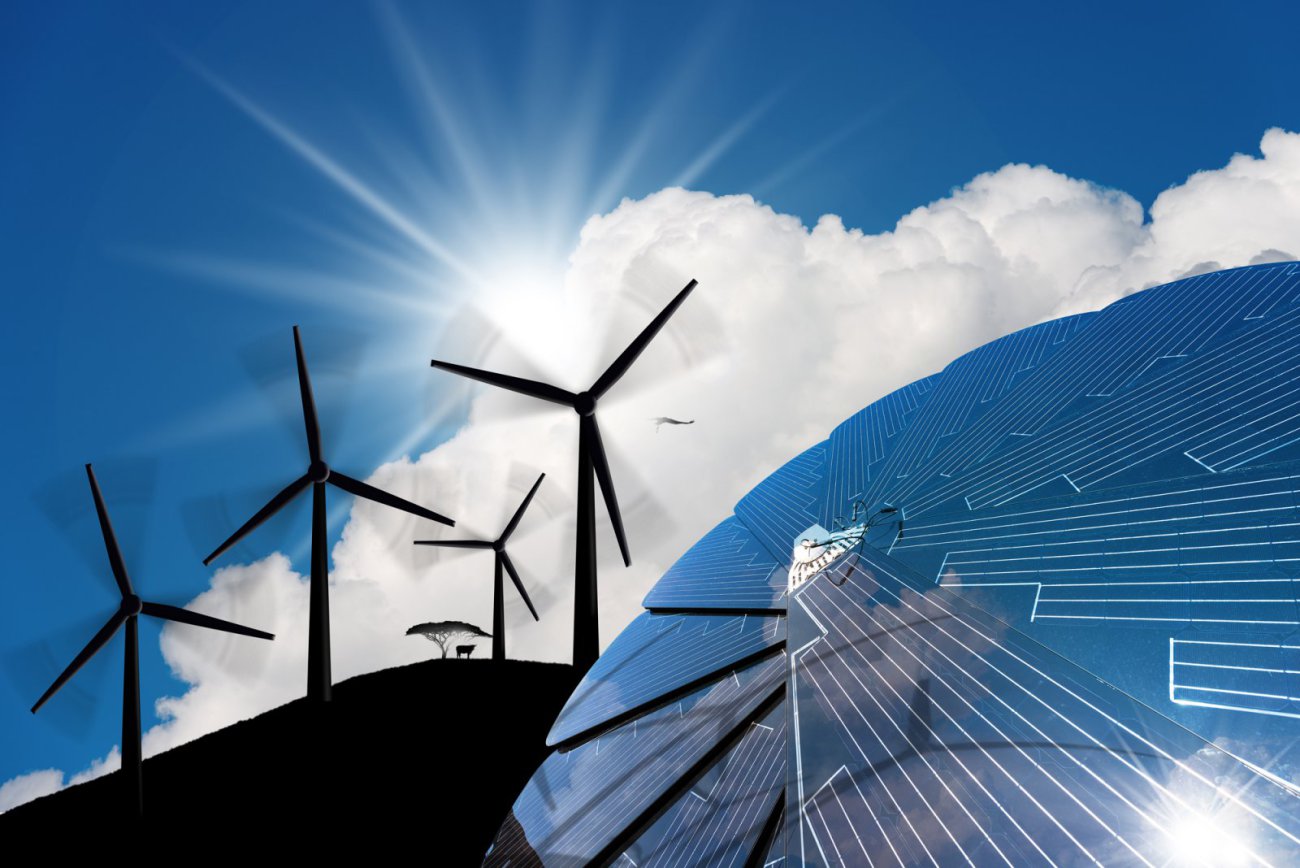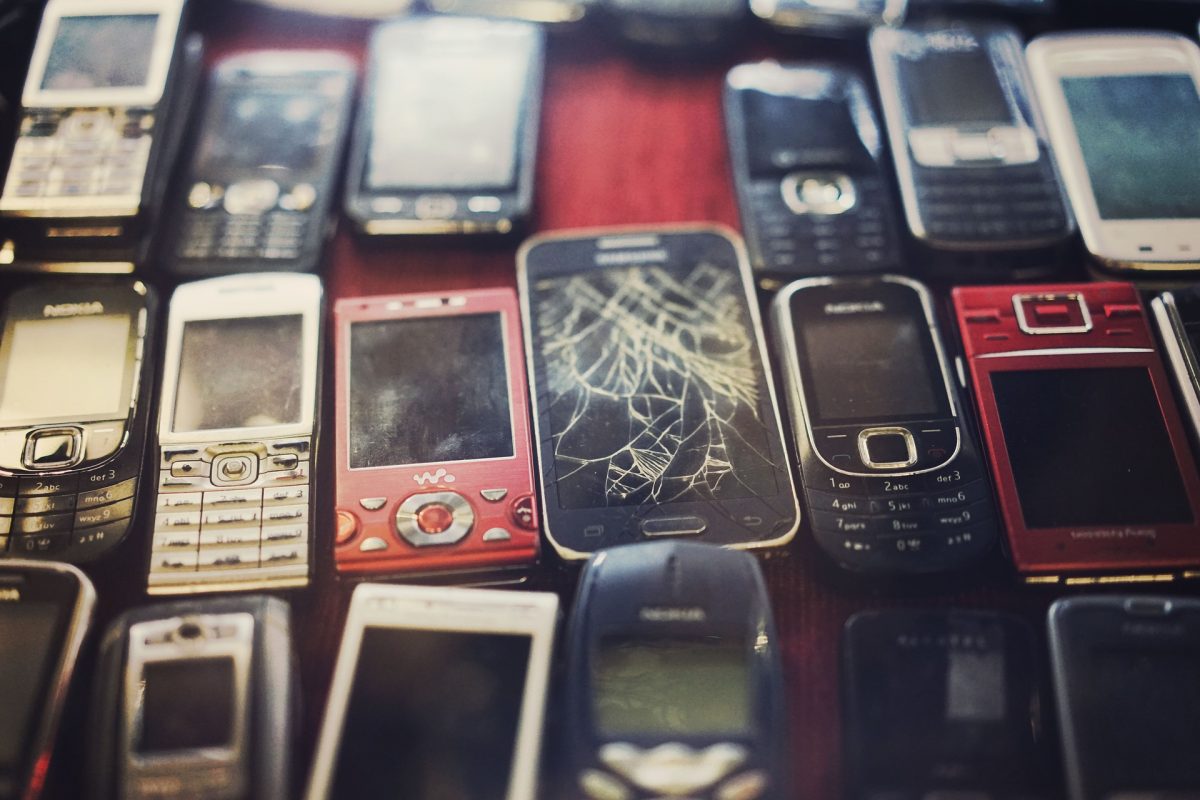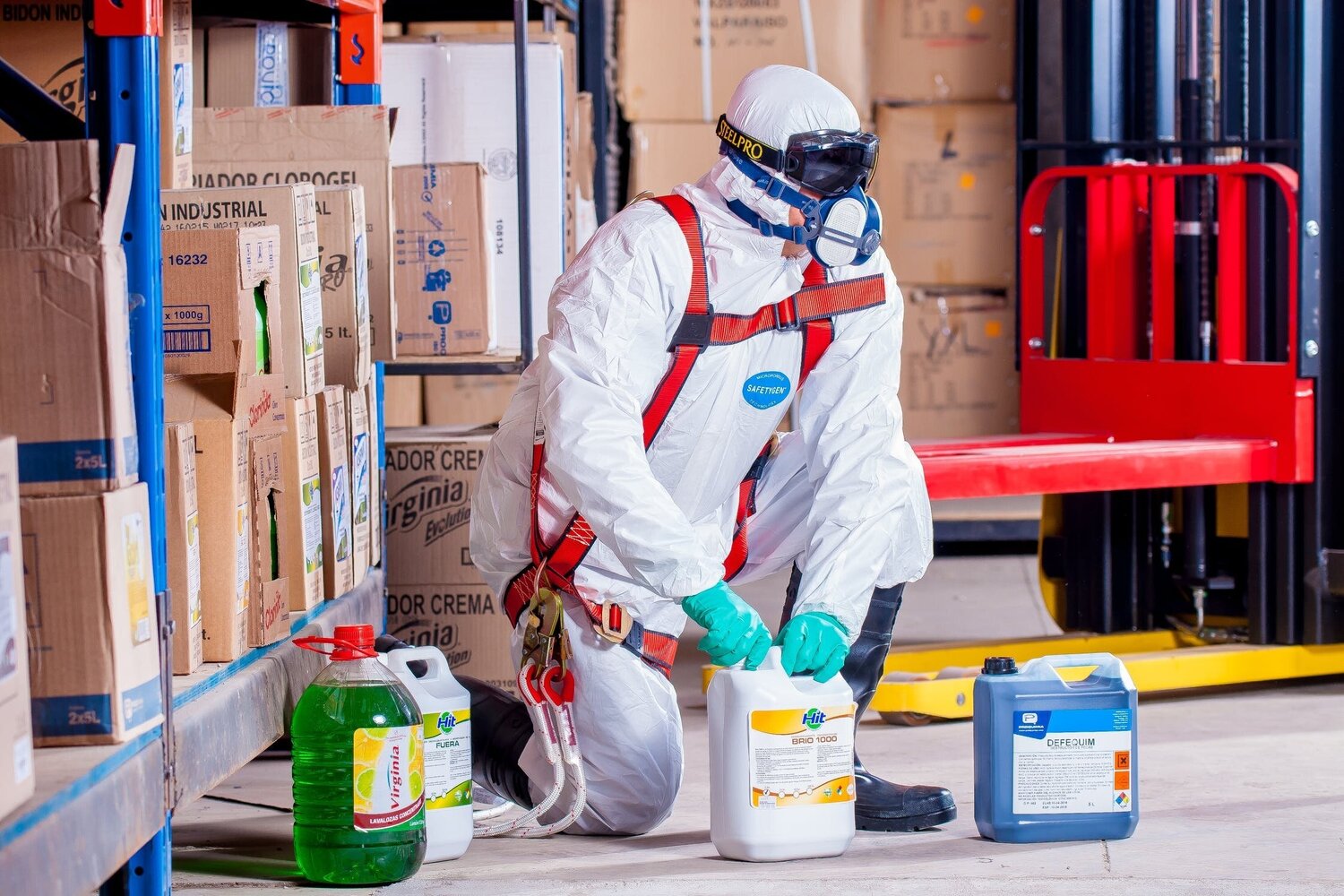IDE Design for Sustainability team acquires three NWO projects
The Design for Sustainability team at the TU Delft | Faculty of Industrial Design Engineering has acquired three collaborative Dutch Research Council (NWO) circular design projects. While each project focuses on different product categories, materials, and use-cases, collectively they contribute to a global knowledge pool that addresses how products can be designed from the start to keep them from entering the waste stream for as long as possible.
The design methods and strategies implemented within the projects require a deep understanding of the entire product life-cycle, which is highly complex and involves the intersection of material knowledge, business model development, supply chain understanding, and end-user behaviour.
The projects range from investigating how wind turbine blades can be designed better to improve re-use and material longevity (LICHEN-BLADES), to developing electronics that can be recycled better (Circular Circuits), to addressing harmful substances in products so they can be used over multiple life-cycles (Safe-by-Design Circular Products). They build on the previous work of IDE researchers and include collaborations with partners from IDE, TU Delft’s other faculties, and external partners. These interdisciplinary consortia are critical given the complex nature of the product life-cycles and the approaches being investigated.
These projects showcase the way in which one normally works on Design for Sustainability projects, and that is: strong collaboration with many stakeholders along the full value chain. In this way, the complexity at different levels is at the basis of the design methods that are developed. By looking into different product categories, we accumulate knowledge that increasingly facilitates the transferring of methods to other product categories.
Ruud Balkenende, Professor of Circular Product Design (TU Delft)
About the Projects
LICHEN-BLADES
Four research projects have been awarded funding within the KIC call for ‘Wind and solar energy innovations’. One of which is the Living, Innovative Materials for Circular Hierarchically structured, Erosion Resistant Natural Blades (LICHEN-BLADES) project. This project addresses the circular design of wind turbines, because while they contribute to the growth of renewable energy, they are also difficult to recycle. In fact, they are often disposed of in landfills or incinerated, contributing to waste and carbon emissions.
Within this project, the IDE team will work towards designing blades that last longer and contain more parts that can be recovered and used in high-quality applications over multiple life-cycles. This project builds on Jelle Joustra’s PhD work, in which he used a research by design approach to investigate how current wind turbines could be repurposed and shed light on the physical and material considerations for future blade designs. As part of project LICHEN-BLADES, the IDE team will consider different bio-based materials, while also insuring implementation by industry through new business models and value chains.
The consortium reflects the holistic approach of this project, and includes partners along the entire wind turbine value chain – such as material suppliers, blade manufacturers, wind farm operators, and end-users of recovered components.
The project is being led by researchers from the TU Delft | Faculty of Aerospace Engineering. The consortium also includes IDE Professor Ruud Balkenende, researchers from Maastricht University, as well as seven industry partners. For a complete overview of the consortium, click here.
Circular Circuits
As part of the NWO Perspectief programme, seven consortia have been given a budget of 32 million euros to develop technological innovations. Of the seven, one is the 'Circular Circuits: design of next generation electronics for a circular economy' project. The objective of this project is to use a systematic approach to develop a completely circular generation of electronics. Researchers will work on solutions for extending the lifespan, reuse, repair and especially recycling of electronics.
The IDE team working on the project will focus on the recycling aspect and investigate how to design products that can be better recycled. The project will build on the research conducted by Professors Ruud Balkenende and Conny Bakker during the GreenElec project (2012-2015). The team’s design strategies will need to take separation technology into consideration, which focuses on component disassembly rather than product shredding, new reprocessing approaches, and trade-offs to make the process compatible with both old and new recycling technology.
Other members of the consortium will investigate new business models to enable industry adoption, component durability, and new technologies for separation at component level and reprocessing of electronic material. The project will focus on applications in telecommunications, consumer electronics, lighting, and power electronics.
The project is headed up by Leiden University. Other consortium partners include TU Delft (IDE, CEG, 3mE, and EWI), six other academic and research institutions, and 21 industry and end-user partners. For a complete overview of the consortium, click here.
Safe-by-design Circular Products
The objective of the project, ‘Safe-by-design Circular Products’, is to develop, test, and implement a method that enables the design of safe products that fit into a circular economy. Why? Because exposure to hazardous substances and substances of concern can have negative consequences on both humans and ecosystems. Therefore, product design should ensure that the release of or the exposure to these substances is eliminated.
Designing a product with circularity in mind can increase its level of complexity, as it involves different approaches to prolonging the life-cycle of a product. This can lead to new pathways that allow substances to be released or exposed (e.g. end-of-life treatments, product re-use in other contexts, prolonged degradation). Solutions for this are often context sensitive and can involve trade-offs between substances and materials used in product designs and their environmental impacts. The solutions may also depend on a compromise between societal values, such as human health, ecosystem health, safety, justice, and prosperity. Therefore, ‘Safe-by-design Circular Products’ will focus on a number of specific cases (hospital mattresses, coloured monitors, silicone bakeware, and biodegradable polymers in packaging) that pose a diversity of challenges. The project will strengthen the research already carried out by Julieta Bolaños Arriola.
The role of IDE is to develop circular strategies for the initial design of the products. The strategies must support multiple uses, while also avoiding emissions and/or the exposure to hazardous or concerning substances. When developing the strategy, IDE researchers will work closely with their partners to integrate knowledge on life-cycle assessments, ethics, user behaviour, and materials.
This project will be co-lead by IDE Professors Ruud Balkenende and Conny Bakker in collaboration with the TU Delft | Faculty of Technology, Policy, and Management; and the University of Leiden. The consortium will also include nine other members that come from industry, academia, and government.

Ruud Balkenende
- +31 15 27 81658
- a.r.balkenende@tudelft.nl
-
Room B-3-310
Conny Bakker
- +31 (0)15 27 89822
- C.A.Bakker@tudelft.nl
-
Room B-3-330


